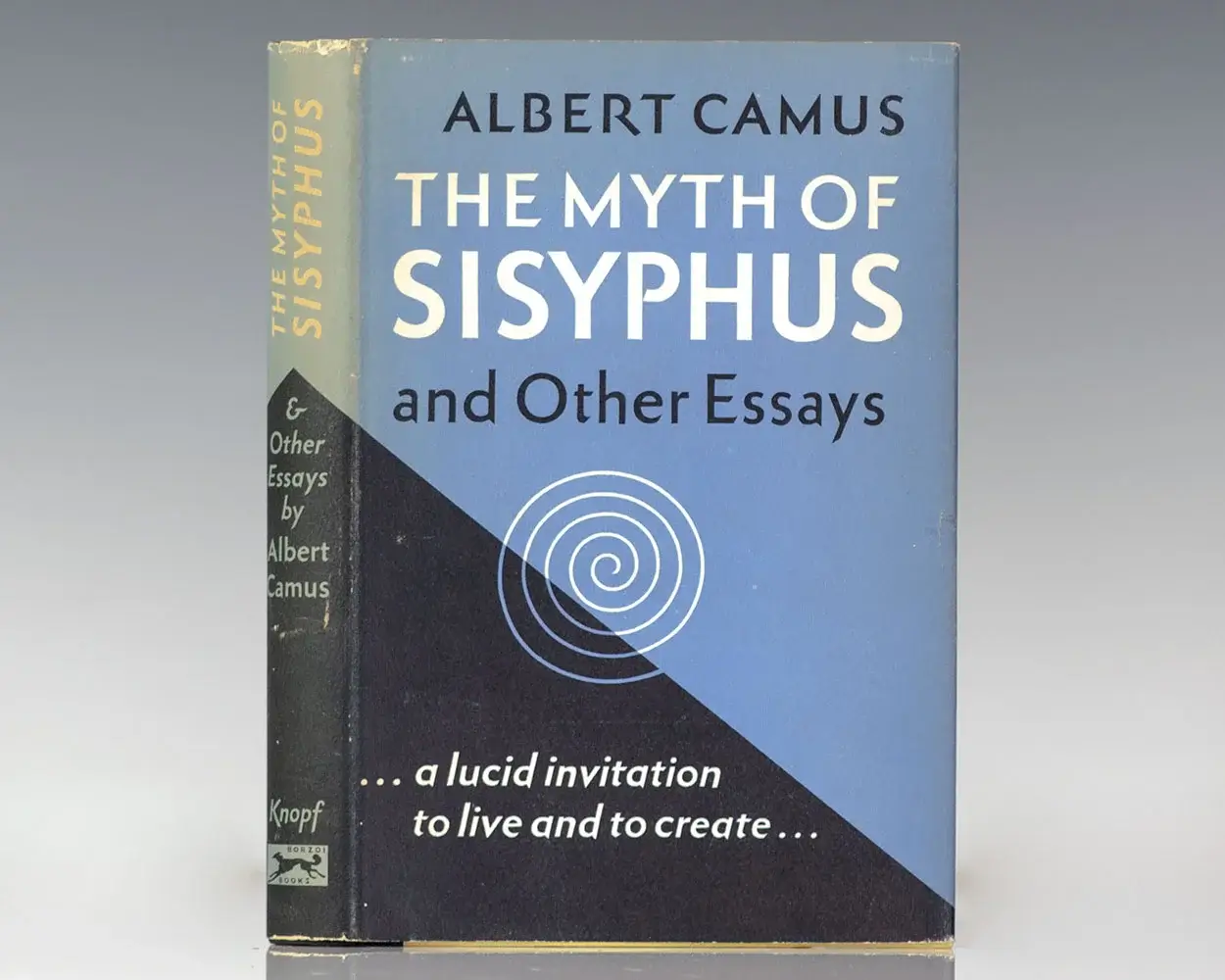Sisyphus’ Burden: How Camus’ Absurdity Shaped Our World

In a world often defined by purpose and meaning, Albert Camus’ “The Myth of Sisyphus” throws down a gauntlet of existential dread. Published in 1942, this philosophical essay explores the absurdity of life through the lens of the condemned Sisyphus, endlessly pushing a boulder up a mountain only to have it roll back down. But far from being a nihilistic manifesto, the essay has had a profound impact on our society, influencing art, literature, and the way we approach life’s challenges.
Facing the Absurd: Camus’ central argument is that the universe has no inherent meaning. We, as humans, desperately crave meaning, but the universe offers none. This creates the “absurd,” a tension between our desire for purpose and the meaningless reality. Sisyphus’ Sisyphean task becomes a metaphor for the human condition: the constant struggle against futility, the endless pursuit of goals that ultimately crumble.
The Rebellious Spirit: However, Camus doesn’t leave us wallowing in despair. He argues that recognizing the absurdity is not a dead end, but a liberation. By acknowledging the lack of inherent meaning, we take responsibility for creating our own. We become rebels, defying the gods and the absurd by embracing our freedom. This rebellion isn’t about grand gestures, but about living authentically, embracing the present moment, and finding meaning in the act of living itself.
Echoes in Art and Literature: The influence of “The Myth of Sisyphus” is evident across various artistic mediums. Writers like Samuel Beckett and Jean-Paul Sartre grappled with the absurd in their works, while filmmakers like Stanley Kubrick and Andrei Tarkovsky explored its cinematic potential. The essay has also fueled movements like existentialism, prompting individuals to question societal norms and forge their own paths.
Beyond Individualism: The essay’s impact extends beyond individual lives. It has inspired resistance movements against oppressive regimes, urging individuals to defy the absurdity of injustice and fight for a more meaningful world. It has also led to a deeper appreciation for the simple pleasures of existence, reminding us to find joy in the mundane and savor the fleeting moments.
A Legacy of Meaning in Meaninglessness: “The Myth of Sisyphus” is not a comfortable read. It confronts us with the stark reality of our existence, but in doing so, it also offers a path forward. It reminds us that meaning is not something to be found, but something to be created. By embracing the absurd, we can find a new kind of freedom, a rebellion not against fate, but against the limitations we place upon ourselves. In a world that often feels meaningless, Camus’ Sisyphus becomes a paradoxical hero, reminding us that even in the face of absurdity, the human spirit can find its own reason to keep pushing, to keep rolling the boulder, to keep creating meaning in a meaningless world.
This article is just a starting point for further exploration. The influence of “The Myth of Sisyphus” is vast and continues to shape our understanding of ourselves and the world around us. I encourage you to delve deeper into the essay, engage with its ideas, and forge your own understanding of the absurd and its meaning for you.tunesharemore_vert





